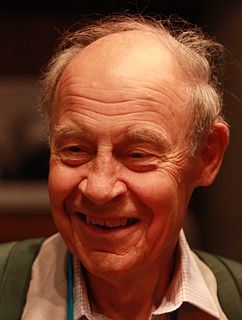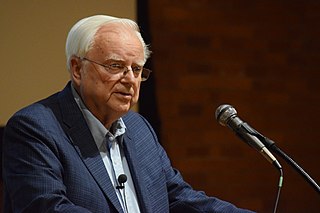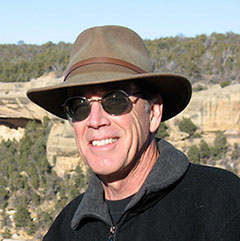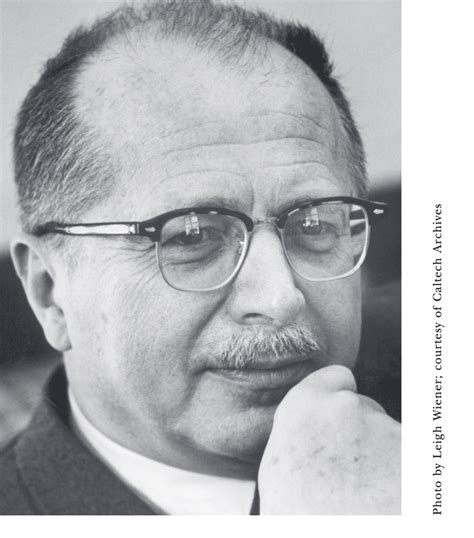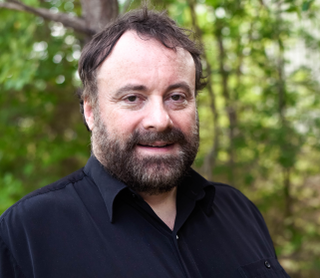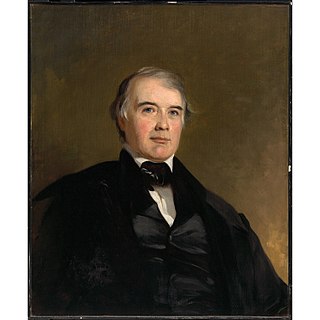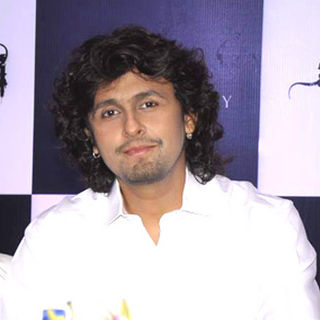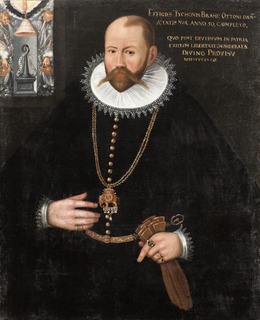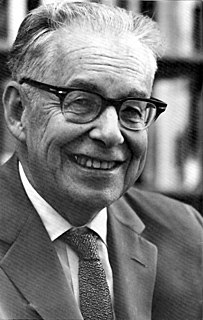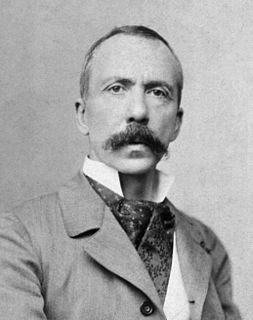A Quote by Dudley R. Herschbach
My interest in science was excited at age nine by an article on astronomy in National Geographic; the author was Donald Menzel of the Harvard Observatory. For the next few years, I regularly made star maps and snuck out at night to make observations from a locust tree in our back yard.
Related Quotes
That the north star is the brightest in the night sky. I'd guess about 9 out of 10 people think this. But it does not require a grant from the National Science Foundation to learn the answer. The North Star is not even in the top 40 in the night sky. It's the 49th brightest star. Rather dull and boring by most measures.
At the age of three I began to look around my grandfather's library. My first knowledge of astronomy came from reading and looking at pictures at that time. By the time I was six I remember him buying books for me. ... I think I was eight, he bought me a three-inch telescope on a brass mounting. ... So, as far back as I can remember, I had an early interest in science in general, astronomy in particular.
By analyzing data from Greenwich Observatory in the period 1836-1953, John A. Eddy [Harvard-Smithsonian Center for Astrophysics and High Altitude Observatory in Boulder] and Aram A. Boornazian [mathematician with S. Ross and Co. in Boston] have found evidence that the sun has been contracting about 0.1% per century during that time, corresponding to a shrinkage rate of about 5 feet per hour. And digging deep into historical records, Eddy has found 400-year-old eclipse observations that are consistent with such a shrinkage.
I got a PhD from Harvard and a few years later, there was a girl from Sunderland who hadn't got into Oxford or Cambridge, even though she'd got perfect A-levels. Harvard asked me to come and recruit her because I was recruited out of university by Harvard - they were trying to show that people could make it.
The astronomer is, in some measure, independent of his fellow astronomer; he can wait in his observatory till the star he wishes to observe comes to his meridian; but the meteorologist has his observations bounded by a very limited horizon, and can do little without the aid of numerous observers furnishing him contemporaneous observations over a wide-extended area.
Regular maps have few surprises: their contour lines reveal where the Andes are, and are reasonably clear. More precious, though, are the unpublished maps we make ourselves, of our city, our place, our daily world, our life; those maps of our private world we use every day; here I was happy, in that place I left my coat behind after a party, that is where I met my love; I cried there once, I was heartsore; but felt better round the corner..., things of that sort, our personal memories, that make the private tapestry of our lives.
I suspect losing paper maps but gaining GPS and online maps is a similar step function: maps still exist, but they're vastly more useful, not to say permanently up to date, in their new form. Again, I won't be shedding any tears, but I'll keep a paper road atlas in the back of my car for another few years, I think, Just In Case.
For those [observations] that I made in Leipzig in my youth and up to my 21st year, I usually call childish and of doubtful value. Those that I took later until my 28th year [i.e., until 1574] I call juvenile and fairly serviceable. The third group, however, which I made at Uraniborg during approximately the last 21 years with the greatest care and with very accurate instruments at a more mature age, until I was fifty years of age, those I call the observations of my manhood, completely valid and absolutely certain, and this is my opinion of them.
I actually remember very specifically the night that I launched Facebook at Harvard. I used to go out to get pizza with a friend who I did all my computer science homework with. And I remember talking to him and saying I am so happy we have this at Harvard because now our community can be connected but one day someone is going to build this for the world.
